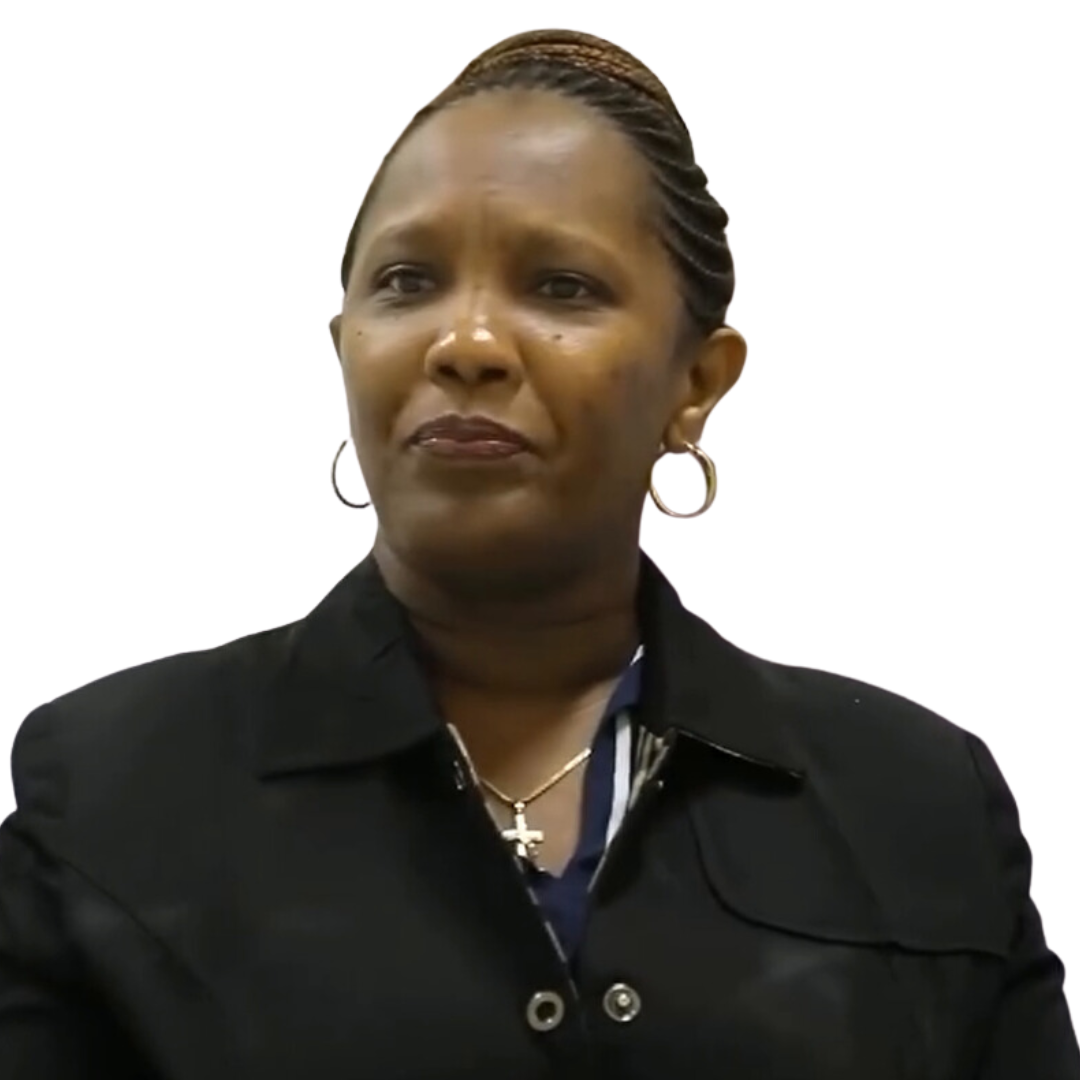For many Tanzanian medical professionals, I mean Medical, Dental Officers and others in this category, the months of January to March become a “race against time.” They face a crucial but inconvenient deadline: renewing their practicing licenses with the Medical Council of Tanganyika (MCT) by the end of this period. This process, while aimed at professional development, comes with a cost – a renewal fee of up to TZS 100,000 and the need to accumulate 20 Continuing Professional Development (CPD) points. It’s a matter of principle that no doctor should be allowed to practice without a license, and I commend the MCT for pushing the agenda on professional development in recent years. But I’m not at ease with one thing.
This year, in February, likely when the race against the deadline was at its peak, the MCT issued a stern warning against doctors falsifying CPD points. The MCT registrar, Dr. David Mnzava, said in a statement, “Any individual found to be involved in the falsification of CPD certificates or engaging in any form of fraudulent activity related to CPD will face strong disciplinary action, including possible suspension or revocation of their medical license and criminal charges for committing forgery.”
The MCT’s statement on this matter opened a can of worms, raising a crucial question: Why would a doctor resort to such measures? The MCT emphasizes the importance of CPD in ensuring doctors stay updated, but the current system presents challenges.
The Challenge with CPD Points
Seven years ago, Tanzania enacted the Medical, Dental and Allied Health Professionals Act No. 11, 2017 which spelt out new criteria for registration of all medical doctors and dentists in Tanzania. The new Act repealed the Medical and Dental Practitioners Act (Cap 152), 1959, which was found to be outdated. During the implementation of the law, a new requirement for license renewal was introduced. That entails acquiring at least 20 CPD points annually. While the aim is to update knowledge, this presents financial hurdles to many medical professionals I have come across. This is on top of other financial obligations; such as health insurance, government taxes, professional association contributions, and much more; all of which have to be met by relying on their meager salary earnings. Currently, there is a mushrooming number of scientific conferences which would have presented an easier option to attain CPD points and update knowledge. But there is a roadblock. Attending conferences that offer significant CPD points can be expensive, often costing around TZS 100,000 – the same amount as the renewal fee itself. Suffice to say that some professionals may have resorted to falsification of CPD points, yet there is another burden of renewal.
Under the current law, doctors who don’t intend to practice are able to “retain their names in the register, roll or list as the case may be, through annual renewal,’’ as stated in Section 60 (1) of the Act. But for those who want to practice, a valid license is mandatory. Failure to renew the license by March 31st every year results in professionals being labeled “registered but not allowed to practice” by the MCT. This has evidently impacted practicing doctors, but also those who choose not to practice and opt for a retention fee instead. Defaulters have faced penalties and accumulated debt. There is certainly a need to revisit such costs and the renewal period. In my circles, I am aware of doctors who have expressed concerns about the cost of both license renewal and CPD point acquisition. The lack of readily available and affordable CPD options further complicates the situation.
Is relief coming soon?
In February this year, a glimmer of hope emerged. The Minister of Health Ummy Mwalimu announced an extension of the renewal period to two years, with a corresponding increase in the fee to TZS 150,000. She also pledged to use the collected funds to sponsor educational advancements for doctors. This news was met with cautious optimism, with doctors calling for further reductions in the fee and increased transparency in how the funds are used. There was a suggestion that the license duration should be up to three years–many still hold on to this proposal. While the recent changes may offer some relief, the issue of affordability remains. In a genuine way, doctors have also been pushing for a more accessible and transparent system.
Undoubtedly, there is a pressing need to find a sustainable solution that balances the need for professional development with the financial realities faced by Tanzania medical professionals. Only then can they truly ensure a system that benefits both doctors and, ultimately, the patients they serve.







